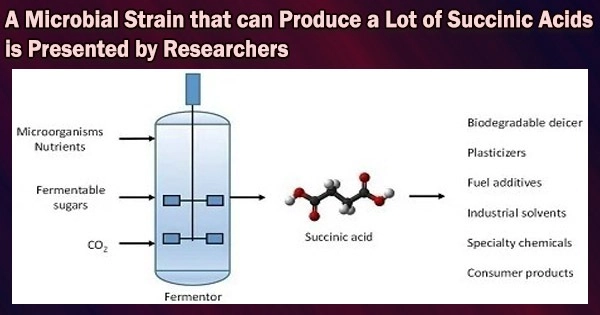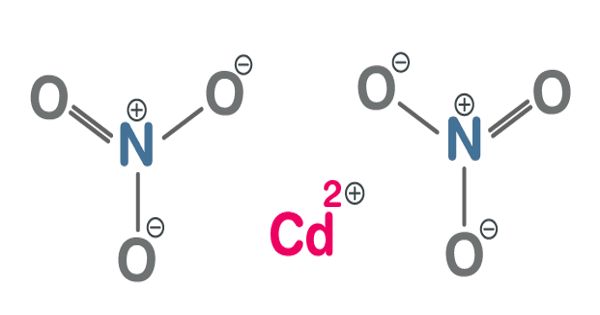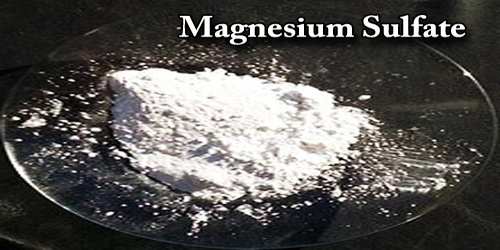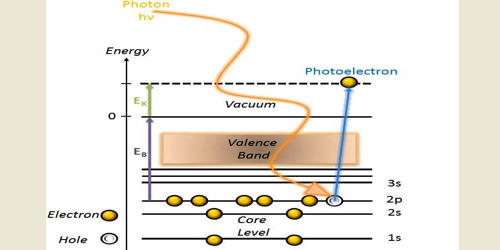The development of a microbial strain with the highest production efficiency to date was disclosed by a research team under the direction of Distinguished Professor Sang-Yup Lee.
This method of combining systems metabolic engineering with enzyme engineering will be helpful for the creation of bio-based compounds that are competitive on the industrial scale. Their strategy was described in Nature Communications on April 23, 2020.
The sustainable replacement for traditional petroleum-based production processes that rely on fossil resources is the bio-based manufacture of industrial chemicals from renewable non-food biomass.
Systems metabolic engineering is used in this case to efficiently engineer the intricate metabolic pathways of microorganisms to enable the productive synthesis of industrial chemicals. Systems metabolic engineering is a major component of biorefinery technology.
One of the most promising platform compounds, succinic acid, a four-carbon dicarboxylic acid, serves as a precursor for key molecules used in industry. One of the most effective strains of microbes for succinic acid synthesis has been identified as Mannheimia succiniciproducens.
Using the M. succiniciproducens strain isolated from the rumen of Korean cows for over 20 years, the research team created a bio-based succinic acid production technology and was successful in creating a strain with the highest production efficiency.
Our research on the highly efficient bio-based production of succinic acid from renewable non-food resources and carbon dioxide has provided a basis for reducing our strong dependence on fossil resources, which is the main cause of the environmental crisis.
Professor Sang-Yup Lee
By figuring out the crystal structures of essential enzymes crucial for succinic acid production and using protein engineering to create enzymes with superior catalytic activity, they optimized the succinic acid production pathway of the M. succiniciproducens strain.
An transgenic strain was fermented utilizing glucose, glycerol, and carbon dioxide as a result, yielding 134 g per liter of succinic acid. One of the important elements determining the economic viability of the entire production process is their ability to produce 21 g per liter per hour of succinic acid. The highest succinic acid production efficiency ever recorded exists here. Earlier production techniques produced on average 1.3 g per liter per hour.
The work of the team led by eminent professor Sang Yup Lee will considerably aid in the conversion of the current petrochemical-based industry to a bio-based one that is environmentally benign.
“Our research on the highly efficient bio-based production of succinic acid from renewable non-food resources and carbon dioxide has provided a basis for reducing our strong dependence on fossil resources, which is the main cause of the environmental crisis,” Professor Lee said.















